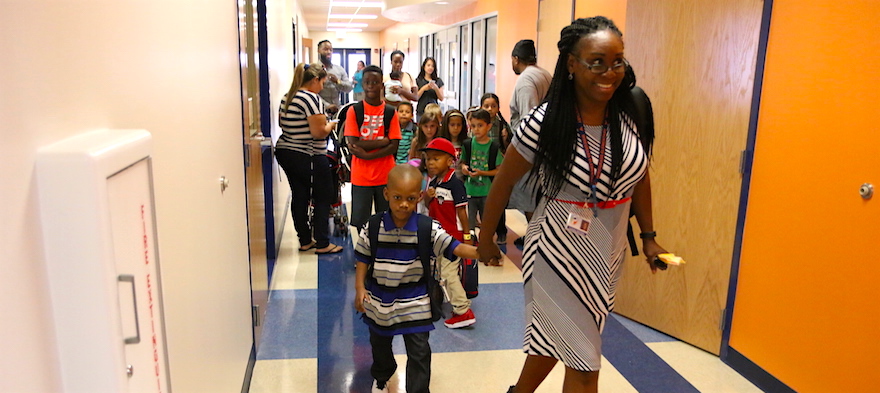
Apr 1, 2019 12:00:00 AM
by Lane Wright
Lane Wright is Director of Communications and Advocacy for the National Council on Teacher Quality, and formerly served as Director of Strategic Growth for Education Post and brightbeam. Lane has more than 18 years of experience in strategic communications and education advocacy. He tells stories that help families understand how their schools are doing, how to make them better, and how policy plays a role.
Few issues in education spark more tension and debate than standardized testing. Are they a tool for equity or a burden on students? A necessary check on school systems or a flawed measure of...
Charter schools are public schools with a purpose. Operating independently from traditional school districts, they're tuition-free, open to all students, and publicly funded—but with more flexibility...
Despite the benefits of a diverse teaching force, prospective teachers of color fall out of our leaky preparation pipeline at every stage: preparation, hiring, induction, and retention. Here’s what...
Ed Post is the flagship website platform of brightbeam, a 501(c3) network of education activists and influencers demanding a better education and a brighter future for every child.
© 2020-2025 brightbeam. All rights reserved.
Leave a Comment